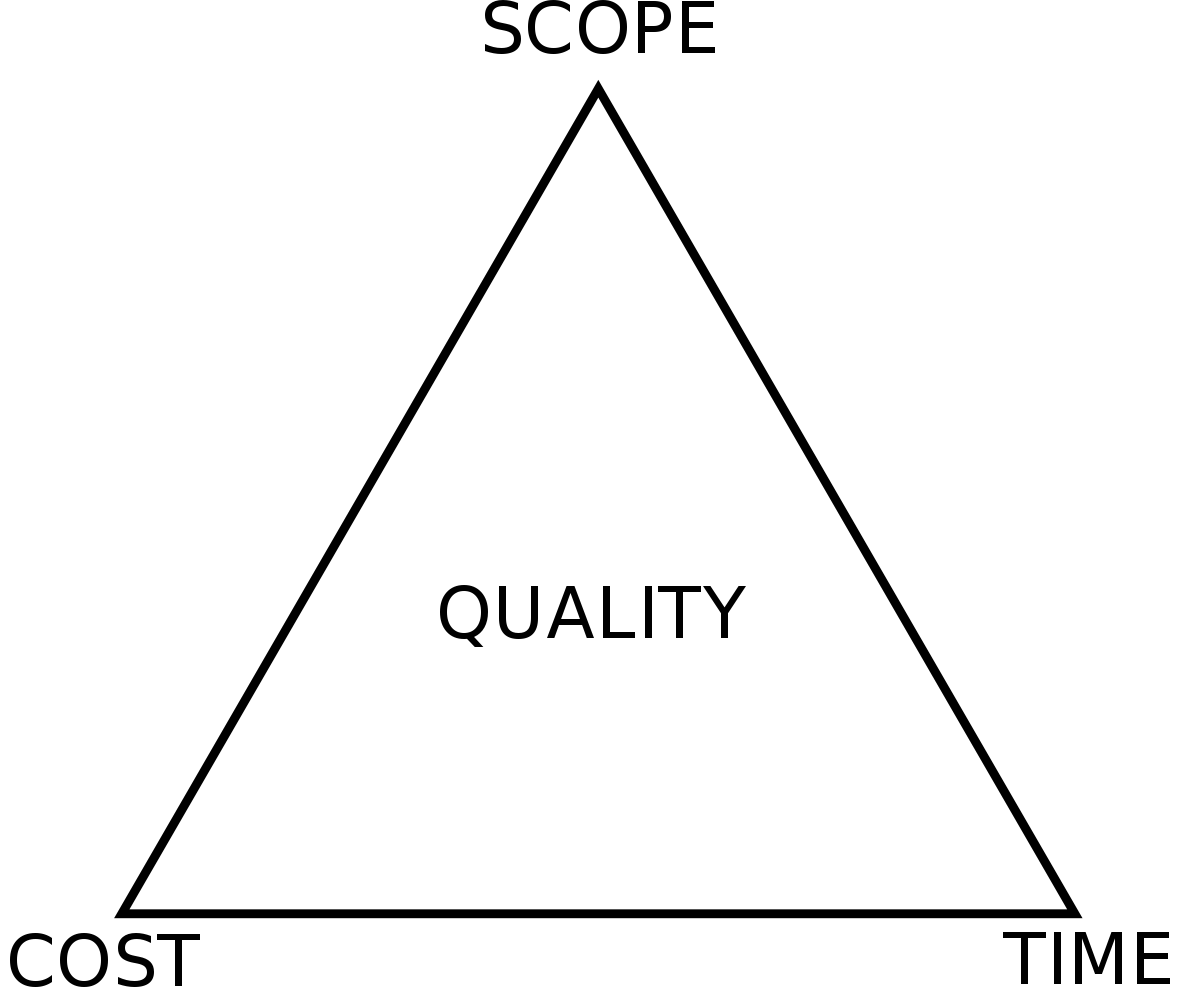Meet the Expert Behind Our Project Management Microcredentials

January 12, 2024
According to LinkedIn, one of the top ten in-demand soft skills in today’s job market is project management. Regardless of whether you have “project manager” in your job title, effective project management helps determine the success or failure of a project in terms of being on time, on budget, and of high quality.
On an organizational level, this is a particularly important skill within distributed and cross-functional teams to ensure employee efforts are coordinated and cohesive. Overall, this helps organizations run more effectively and efficiently.
Not everyone starts their career with the mindset that they’ll be involved with project management or become a project manager. Take Claudia Gomez-Villeneuve for example. She’s the expert who helped develop the Curv microcredentials in project management. But before she became an expert and keynote speaker as well as an instructor in the field, she was a pipeline engineer.
We’ll tell you more about her background and how she developed these microcredentials, but first, it’s important to understand why some people might not need to become a certified Project Management Professional (PMP). A lot of people don’t hold the title of “project manager” but are required to do a lot of project management-type tasks as part of their job so having the PMP certification may be more qualifications than they need. In this article, we’ll highlight some of the key skill sets that each Curv microcredential assesses, which can help you determine whether they’re right for you.
About Claudia
Claudia is passionate about project management. She initially didn’t even realize she was a project manager during the early part of her career in the energy industry. As a pipeline engineer for 16 years, she gained a lot of life experience in what makes a project successful in a high-risk industry like energy where a mistake could not only cost money but seriously endanger the lives of others. Over her years of experience as an engineer she’s learned how integral project management is to her role. She draws on that experience as a project management instructor at multiple post-secondary institutions in both English and Spanish.
“When I was contacted by The Chang School about the opportunity to help develop microcredentials on project management, I was thrilled,” says Claudia, who is also an expert assessor for The Chang School Curv microcredentials.
How Claudia Helped Build Microcredential Assessments
Three of the project management microcredentials offered at The Chang School are based around the triangle of project management: cost, schedule, and scope.
 “All three will either make or break the success of a project and are often considered essential project management skill set areas,” says Claudia, adding that scope is connected to stakeholder management, schedule to planning, and cost to cost management microcredentials.
“All three will either make or break the success of a project and are often considered essential project management skill set areas,” says Claudia, adding that scope is connected to stakeholder management, schedule to planning, and cost to cost management microcredentials.
“Anyone can do a budget,” says Claudia. “But if your scope is wrong, your schedule and budget will also be wrong because you don’t know what’s required for the project and who’s responsible for what and how long or how much it will cost.
"Managing the cost requires attention to detail. You can always buy time but that’s going to cost you.”
The Cost Management microcredential assesses whether you can:
- Identify and use standard budgeting and cost management tools and techniques
- Create and define a plan for cost management
- Estimate the costs of completing project activities
- Develop budget based on project costs
- Perform cost control using earned value management techniques
After cost, Claudia emphasizes the importance of having a clear schedule. “Having a clear schedule of who is in charge of what task and how long it will take them and continually checking up on that will help the project manager keep track of whether or not they’re within budget,” she says. “Often people only look at what money has been spent and how much is left but they need to equate that with how much progress has been made to determine if the project will go over budget or is on track.”
The Planning and Scheduling microcredential assesses whether you can:
- Identify and document actions required for each activity to produce project deliverables
- Identify and document relationships and dependencies
- Estimate the duration of each activity
- Develop a project schedule
Lastly, scope requires effective communication, says Claudia.
“Scope requires good conversations with users, the public stakeholders, so you have to ask the right questions in order to be good at what’s called ‘scope development.’
“Project managers need to be good communicators to extract the information from stakeholders, be good listeners, and be able to translate the stakeholders’ wishes,” she says.
The Stakeholder Management microcredential assesses whether you can:
- Identify people, groups, and organizations that may be affected by the project
- Conduct stakeholder analysis (interests and expectations) using one or more classification models
- Develop a strategy to effectively engage stakeholders and manage expectations throughout a project
Keeping Learners in Mind
As mentioned at the beginning of this article, there are a lot of people who don’t hold the title of project manager and also don’t want or need to go through the steps to get certified. Maybe you’re a project manager without even knowing it. If you think you have developed some project management skills in your life or work experience, these microcredentials may be a great place to start. Completing the assessments could give you the confidence you need to demonstrate to employers that you know how to make a project a success.
“Not only does it help with your work life but in every facet of your life,” says Claudia. “Project management is essentially about organizing human activity so it can apply in the home too for simple events like a birthday party. There’s scope, schedule, and costs associated with that which will determine the outcome as a success or failure.”
Our project management microcredentials are created and assessed by experts like Claudia who have relevant experience in their respective fields. Some of the other high-demand skill sets mentioned in the LinkedIn study mentioned in the beginning of this article are covered in The Chang School’s Digital Accessibility and Understanding Data microcredentials.
If you’re looking to get recognized with an official digital credential for your expertise in project management, The Chang School offers five Curv microcredentials in project management for non-project managers. You also have the option of obtaining a microcertificate in the subject if you complete all five microcredentials (in no particular order). The Chang School offers microcredentials in Stakeholder Management, Cost Management, and Planning and Scheduling as well as Change Management and Risk Management.
